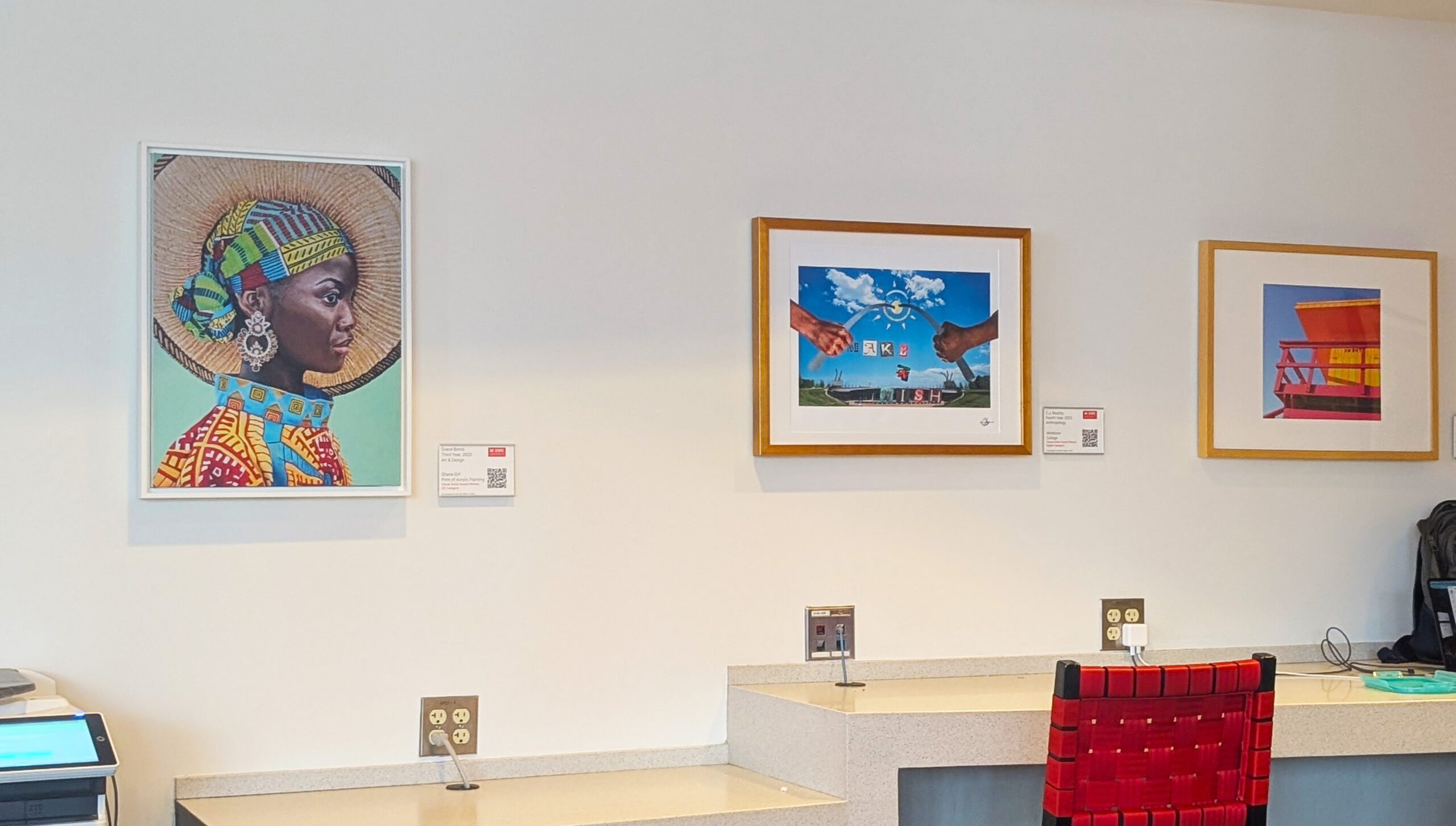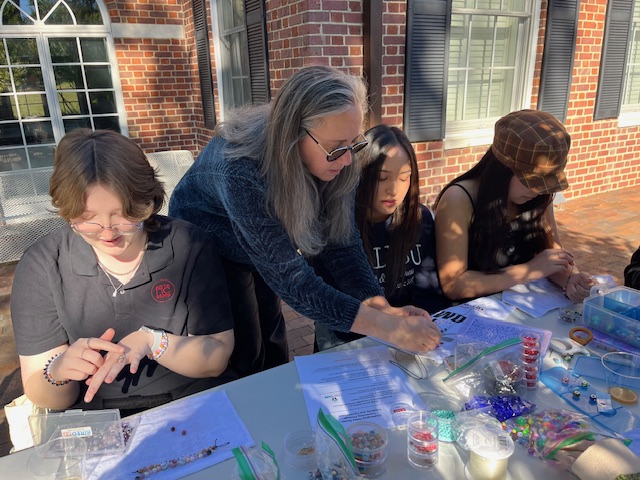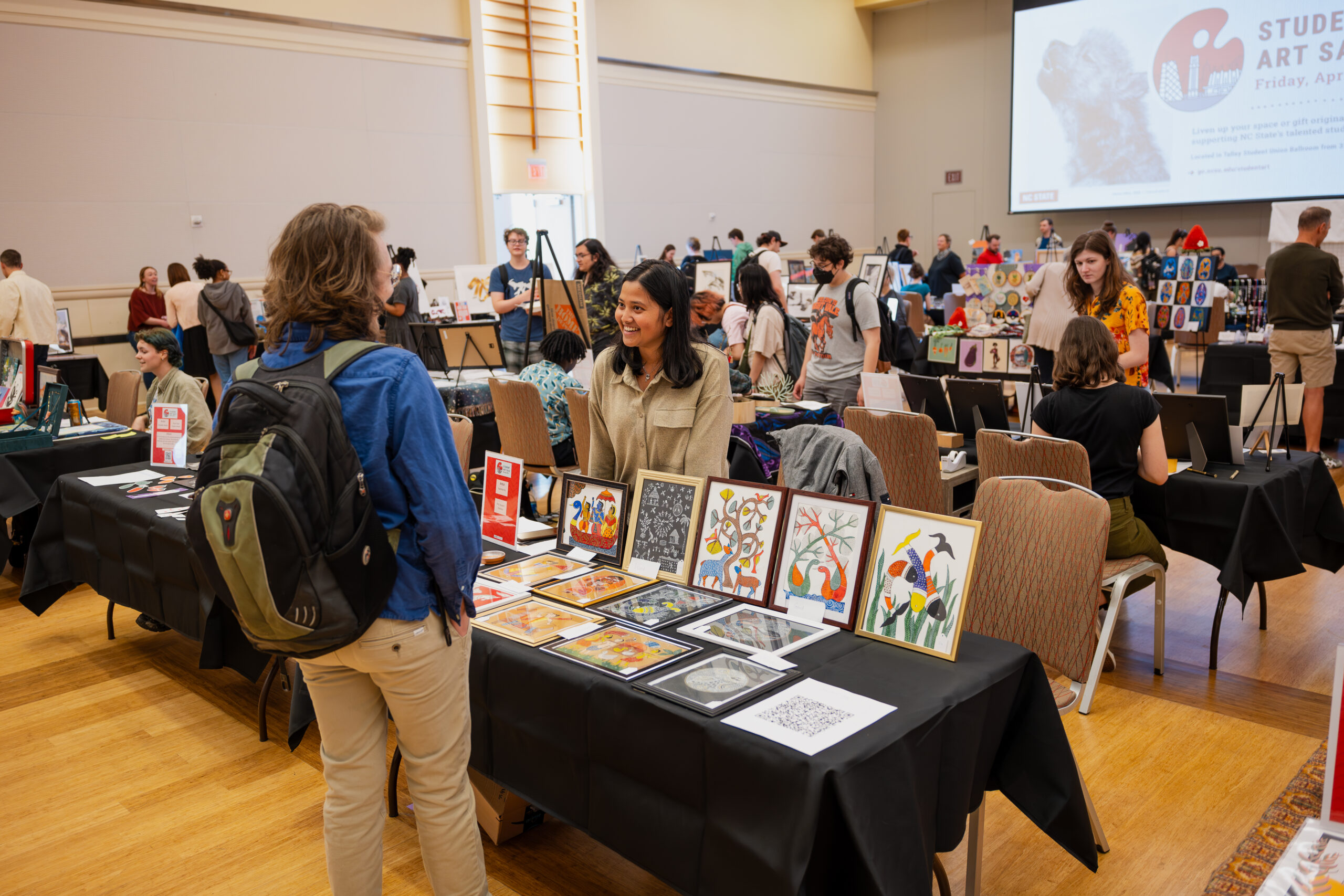Our Life in The Arts
Questions, reality, and musings on a life of joy and wonder
Vol. 1, No. 5
May 10, 2021
Artistic Ancestry
By Rich Holly
Last week was Teacher Appreciation Week (thank you, Eleanor Roosevelt), and I am frequently thankful to the numerous tremendous teachers that I had, both in the arts (primarily music) and in other subject areas. I stay in touch with my primary music teachers who are still living (yes, I’m at that age when too many of my teachers have now passed) and get to speak with and see a few of them on a semi-regular basis. Without their guidance, mentorship, support, and belief in me I know I would not have had the career I’ve enjoyed, and I will forever be thankful to and grateful for them.
I also consider my students to be my teachers. Some of them let me try new teaching techniques with them, some pushed back when they needed to, some knew things I didn’t know, and so on…I learned a lot about teaching and relationships and communication from my students, and I’m forever thankful to them, as well.
Over the years I’ve jokingly (and lovingly) called the students of my now-teaching former students my “grandstudents.” Which gets me to thinking about my own “grandteachers.”
I’m more than happy to share about my primary teachers in undergraduate and graduate school – Jim Petercsak and Harold Jones. I had terrific guidance from high school music teachers and friends who were percussionists in choosing to attend the Crane School of Music at SUNY Potsdam for my undergrad degree to study with Jim. Through professional connections and a Crane student who is one year older than I am, I learned about the great program that Harold Jones had and was fortunate to be his graduate teaching assistant at East Carolina University. Jim and Harold had (have) different teaching styles, yet one thing they displayed in common was respect – respect for your student peers, for the faculty, for the learning environment, for the history of our instrument(s), and for the music.
My grandteacher on Jim Petercsak’s side was Paul Price, who I consider myself very fortunate to have gotten to know and frequently corresponded with (US mail and phone, this was pre-desktop computers and email!) over the last 10 years of his life. You can see for yourself in his bio how instrumental Mr. Price was to the evolution of percussion composition, usage, and popularity in this country.
My grandteacher on Harold Jones’ side was James Salmon, and I did not have the opportunity to meet him. For those of you not in the know, the University of Michigan was and is one of the premiere music schools, and with that many years teaching there, it’s clear Mr. Salmon had numerous of his students become teachers, continuing his legacy and greatly impacting the world of percussion.
Like so many of us (and likely all of us), I have also been greatly influenced by scores of other musicians – some via clinics and masterclasses, some via performances (live or online), and some via recordings. I’ve had the chance to tell some of them how meaningful their musicianship is to me, and hope to have the chance to get to know more of those who influenced me in these ways.

For quite some time now I’ve found myself in the position of “I want to be my own player” yet, through my appreciation and practice of respect, want to honor the past that my teachers and grandteachers and influencers left to me. It’s a balance – hardly ever a 50/50 balance, and the balance can shift depending upon the musical situation. But it’s always there.
Some of you already know that I play with an amazing faculty rock band here at NC State University, The Quadrivium Project. We change the theme of our show each year, and this year’s show is ½ early Genesis and ½ Pink Floyd. My playing, I would say, generally consists of a smash-up of what I learned from my two university professors, but also my teachers from fourth through twelfth grade and the several world percussion teachers I’ve had since finishing graduate school. My playing also includes heavy influences from drumming greats Joe Morello, Tony Williams, Billy Cobham, Lenny White, Louis Bellson, Bill Kreutzmann, and others. When I approach learning the music for Quadrivium, I have to (and like to!) study what that drummer (Phil Collins and Nick Mason, in this case) did note-for-note, and how they phrased their playing. Yet I know that, over time, I need to stop trying to “be” Phil Collins or Nick Mason, and be myself, so that the end result preserves their legacy and pays homage to what they did, yet still sounds like how I want to sound as a musician.
Fans of classic rock know the band The Kinks, and there are a couple of lines in their song “The Village Green Preservation Society” that highlight what I think our role as artists is:
Preserving the old ways from being abused, Protecting the new ways for me and you
What is it about your teachers’ and grandteachers’ (and even great-grandteachers’) artistry that you want to preserve or honor? What techniques or processes or philosophies are or were they known for that you can employ and pass down to future generations? Did you have a bad teacher from whom you learned what not to do? How can you demonstrate respect for what they accomplished?
And yet how do you balance all that with who you want to be as an artist? If you’re a painter, do you ever look at a, say, Kandinsky, and think “How did he create that?” What mathematics did he use? What tools did he use? Which techniques were used? What might he have been thinking? You need to at least try those techniques and processes to learn from the past, in order to inform your future.
Recognizing that we’re not all history buffs (I certainly wasn’t while I was in school), I now strongly recognize history’s significance to us all, in several realms. I recently saw this quote from Wilma Mankiller, who is the first female chief of the Cherokee Nation and, in fact, the first female chief of any Native tribe. Wilma passed in 2010, but we’re left with this (among others) thought-provoking quote from her:
“In Iroquois society, leaders are encouraged to remember seven generations in the past and consider seven generations in the future when making decisions that affect the people.”
What kind of art would we produce and what artistic legacy would we all leave behind if we approached our artistry in this manner?
We often hear (and support) the phrase “you should be a life-long learner.” Study your artistic ancestry, honor those who came before you and whose work inspired you to pursue your artistry, and smash it all together to create something new – something you.
Rich Holly serves Arts NC State and the NC State University community as the Executive Director for the Arts.
- Categories:


